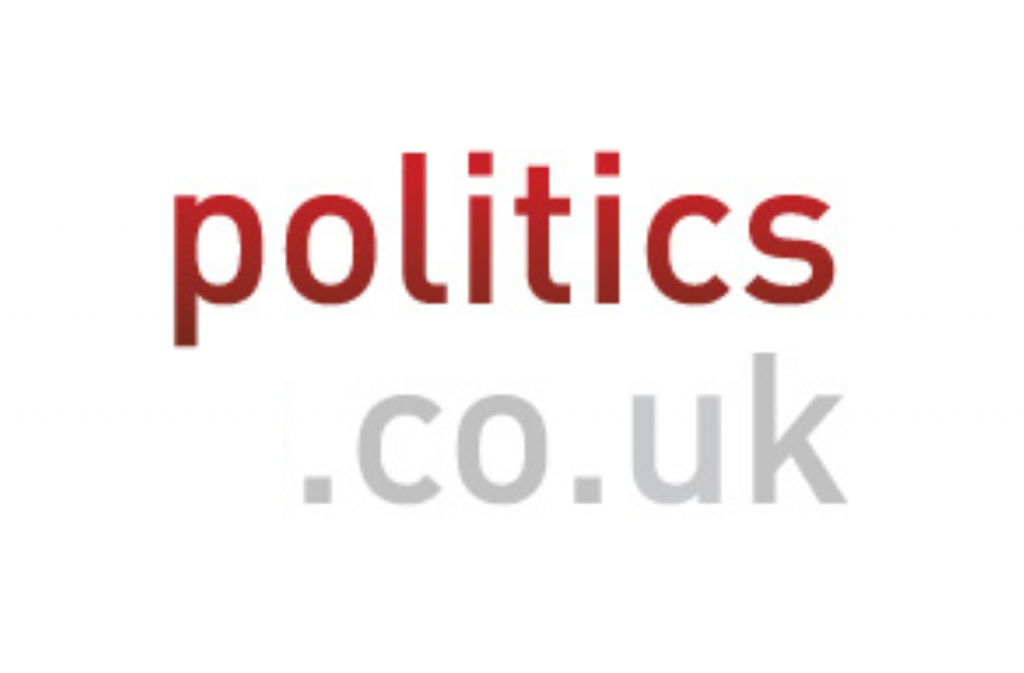The (Tory) march of progress
The Conservatives’ claim to the progressive agenda was bound to provoke a reaction from the left – and in Westminster on Monday night it did exactly that.
Attention during the debate, jointly held by independent Labour group Progress and centre-right thinktank Policy Exchange, focused on whether the Tories have the policies to back up their statements on progressive issues.
And despite the one-sided nature of the audience – left-wingers showed up in force – the exchanges served to highlight the fundamental divides between the two parties, in a period when many are content to dismiss them as frustratingly similar.
One thing all agreed on: the fact that both parties were laying claim to progressive ideals was significant in itself.


Chief secretary to the Treasury Yvette Cooper argued this reflected a Tory concession that the country has become much more progressive than it was 20 years ago. But she claimed the parties held different definitions of progress, accusing the newcomers to the party of lacking the sense of “anger and injustice” which fuels her party.
Shadow culture secretary Jeremy Hunt acknowledged Britain was a “more open and diverse society”. But he rejected the definition jibe. He is just as angry, he insisted.
A belief in progress, liberal diversity and meritocracy, combined with goals beyond economic ones, a desire to tackle social inequality and a respect for future generations, were all ticked off. Ms Cooper said the language of his pamphlet on the issue was grounded in the same logic. But her ally on the panel, journalist and broadcaster Jonathan Freedland, thought otherwise.
He conceded that the Tories have appropriated progressive “ends”, but said David Cameron’s party are somewhat lacking when it comes to the means. How will they provide the investment needed to back up their words? The Conservatives are up to their old tricks of “jumping on the bus,” he suggested. “It makes us wonder about their conviction.”
Earlier in the day Mr Cameron told reporters at his monthly press briefing he believed the “intellectual debate” was moving on to the way in which these progressive goals would be met. But neither side really addressed the issue at stake – what were the Conservatives going to do about it?
Policy Exchange director Anthony Browne sought to explain why it was not inconsistent to be both a Tory and a progressive. Left-wing methods, he argued, are simply “wrong-headed”. He said state monopolies and a preference for employees over users had ruined public services in health and education. The welfare system has left thousands languishing, while housing policy “traps people” and “kills off aspirations”. The superiority of free markets over international aid underlined his point – that being left-wing represents “a triumph of hope over experience”.
Ms Cooper responded, in turn, with her own attack on the opposition’s policies. The Conservatives didn’t lift a finger to help out with child poverty in their pre-1997 years in power. They have opposed extending compulsory education to 18, increasing higher education take-up to 50 per cent and the rollout of diplomas. They even disapproved of tax credits and Sure Start. “They say they will back the voluntary sector,” she said on the latter issue. “But you also need the public sector and the NHS if you’re really going to deliver results.”
The left-wing speakers did their best to pour scorn on the lack of Tory plans on putting their beliefs into practice. Mr Cameron’s “intellectual” debate seemed to be reflected in the vague statements at the heart of the right’s argument.
“There is a limit to state intervention,” Mr Browne explained. “But where do you draw the line?” He said “excessively centralised state control” had “left a lot of people disempowered” and argued that, if the state takes a step back, progressive goals can be better achieved.
Perhaps the most telling comment of the night came from Mr Hunt, who had a word of wisdom to say for both parties present.
“The Conservative party is going on a journey and we have a long way to go. You need to be prepared to enter a debate about the means,” he said, perhaps making the biggest concession of the debate.
His comments about Labour’s alleged misreading of the situation had greater resonance. Mr Hunt claimed the governing party is making the same mistake as the Tories did in 1997.
“We were wrong and the country was right – they sensed Labour has changed. Now the country has sensed the Conservatives have changed.”
That – regardless of whether any means are on show- is a worrying thought for traditional progressives.












